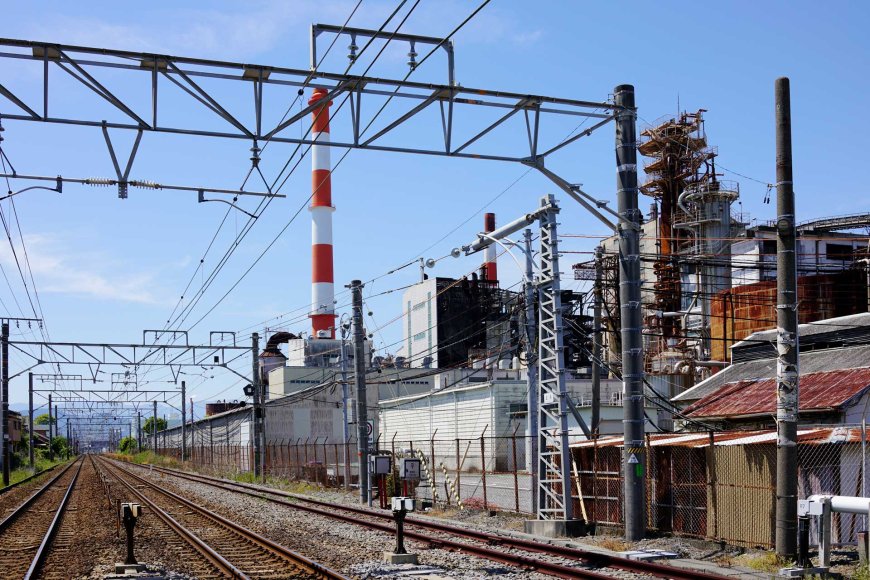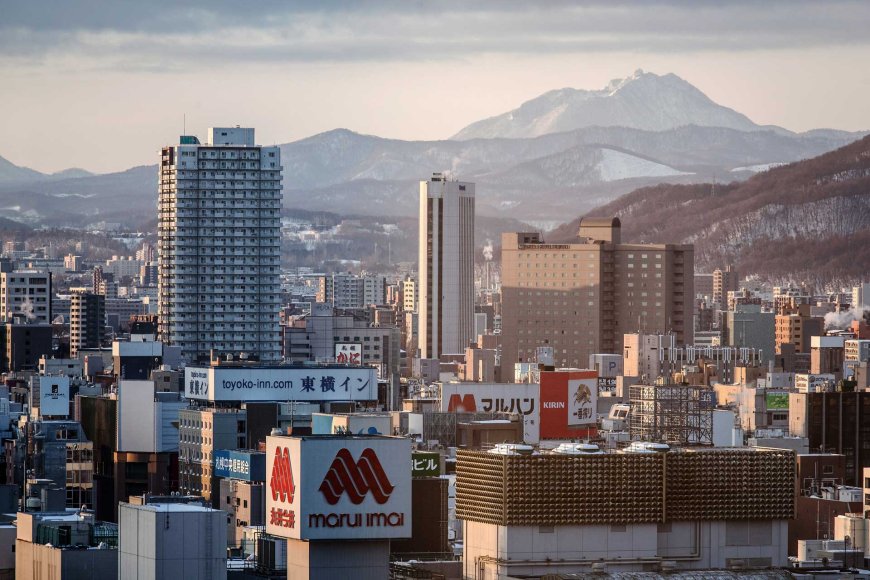Workplace Practices in Japan
Japan's corporate world, where hierarchy dictates respect, meetings forge consensus, and communication thrives on subtlety and harmony.

Cultural Nuances for Success in Japanese Businesses
Japan is renowned for its unique workplace culture, deeply rooted in traditions that influence daily interactions and organizational dynamics. Understanding these practices is crucial for anyone entering or working within Japanese companies, as they significantly shape professional relationships and business operations.

Hierarchical Structures
Hierarchy forms the bedrock of Japanese corporate culture, where respect for authority and seniority is paramount. Companies typically operate under a strict vertical structure, with decisions flowing from the top-down. This structure ensures clarity in roles and responsibilities but can also slow decision-making processes, as consensus-building and alignment with superiors are prioritized.
Within this hierarchy, titles and formalities carry substantial weight. Employees address each other using honorifics and appropriate titles, reflecting their position in the organizational hierarchy. For instance, addressing someone with the appropriate honorifics, such as "-san" (さん) for colleagues and "-sama" (さま) for superiors, demonstrates respect and acknowledges their authority.

The Art of Japanese Meetings
Meetings in Japanese workplaces serve multiple purposes beyond decision-making. They are opportunities for information sharing, consensus-building, and relationship nurturing. Preparation is meticulous, with agendas circulated in advance to ensure everyone is well-informed and ready to contribute.
During meetings, silence often denotes agreement or respect for the speaker, contrasting with Western cultures where silence may imply disagreement or uncertainty. Decisions are often made collectively, with an emphasis on achieving harmony and consensus rather than highlighting individual opinions.
Additionally, seating arrangements can signify hierarchy, with more senior members typically sitting at the head of the table or in a central position. This physical layout reinforces the hierarchical structure and facilitates communication flows.

Communication: Implicit Understanding
Communication in Japanese workplaces is characterized by subtlety and implicit understanding. Direct confrontation or disagreement is uncommon, as harmony and preserving relationships are prioritized. This cultural norm encourages employees to communicate indirectly, using non-verbal cues or subtle language to convey thoughts or feedback.
Moreover, the concept of "reading the air" (空気を読む, kuuki wo yomu) is crucial. It refers to the ability to understand unspoken cues and the atmosphere of a situation, enabling employees to navigate conversations and decisions effectively without explicit directives.
Emails and written communication are formal and often hierarchical, mirroring face-to-face interactions. Politeness and clarity are paramount, with messages carefully crafted to avoid ambiguity and uphold respect for recipients.

Adapting to Japanese Workplace Culture
Navigating Japanese workplace practices requires cultural sensitivity and adaptability. For international employees or newcomers, understanding and respecting hierarchical structures, mastering the nuances of meetings, and embracing implicit communication styles are essential.
Building relationships and trust over time is crucial, as Japanese business culture places significant value on long-term partnerships and mutual respect. By observing and learning from colleagues, both native and foreign professionals can integrate into the fabric of Japanese corporate life while contributing their unique perspectives.
Japan's workplace practices reflect its rich cultural heritage and societal norms. Embracing hierarchy, participating effectively in meetings, and mastering nuanced communication styles are keys to thriving in this dynamic and respectful environment. By appreciating these practices, professionals can forge successful careers and foster productive collaborations within Japanese organizations.
Find Cheap Flight Tickets to any Destinations in Japan and the Philippines
Nipino.com is committed to providing you with accurate and genuine content. Let us know your opinion by clicking HERE.































































